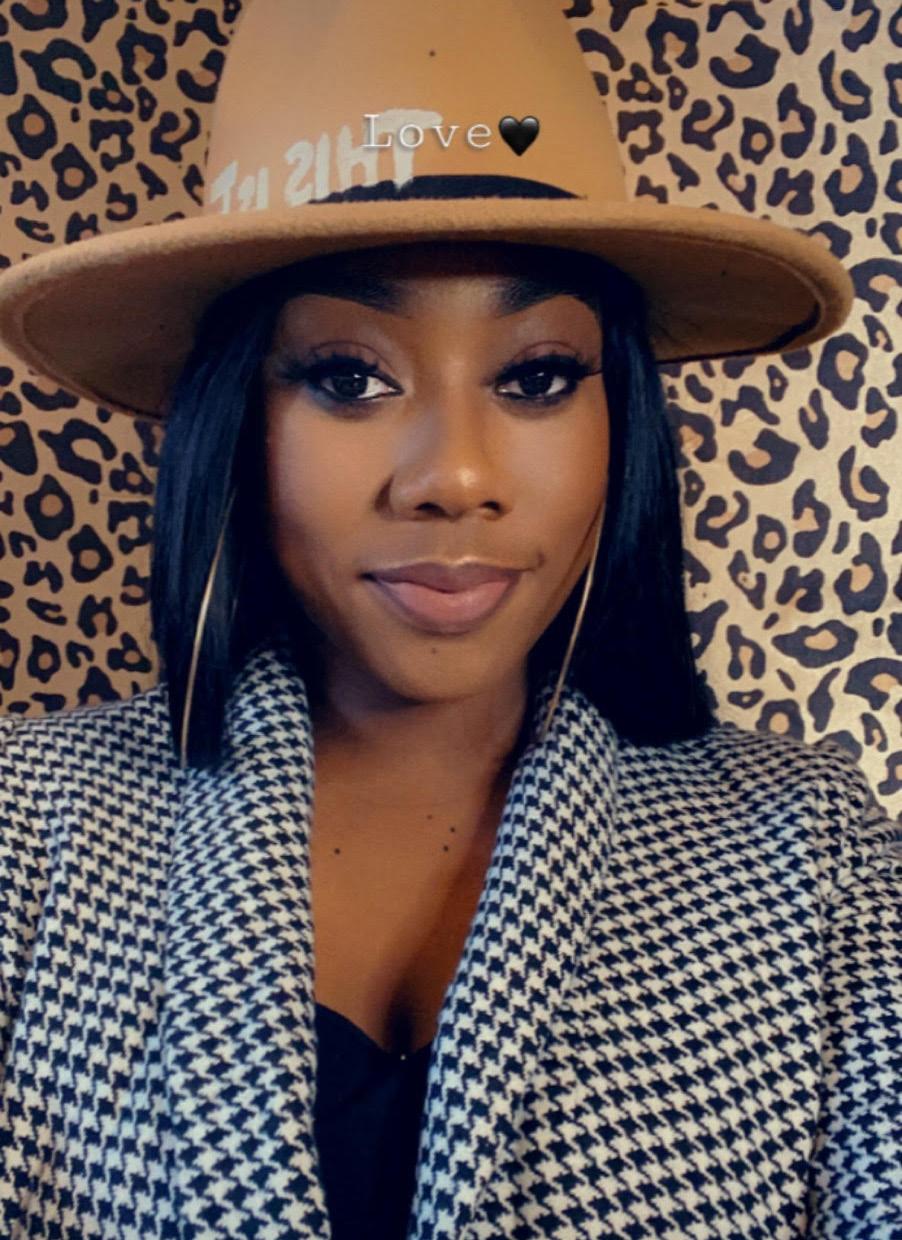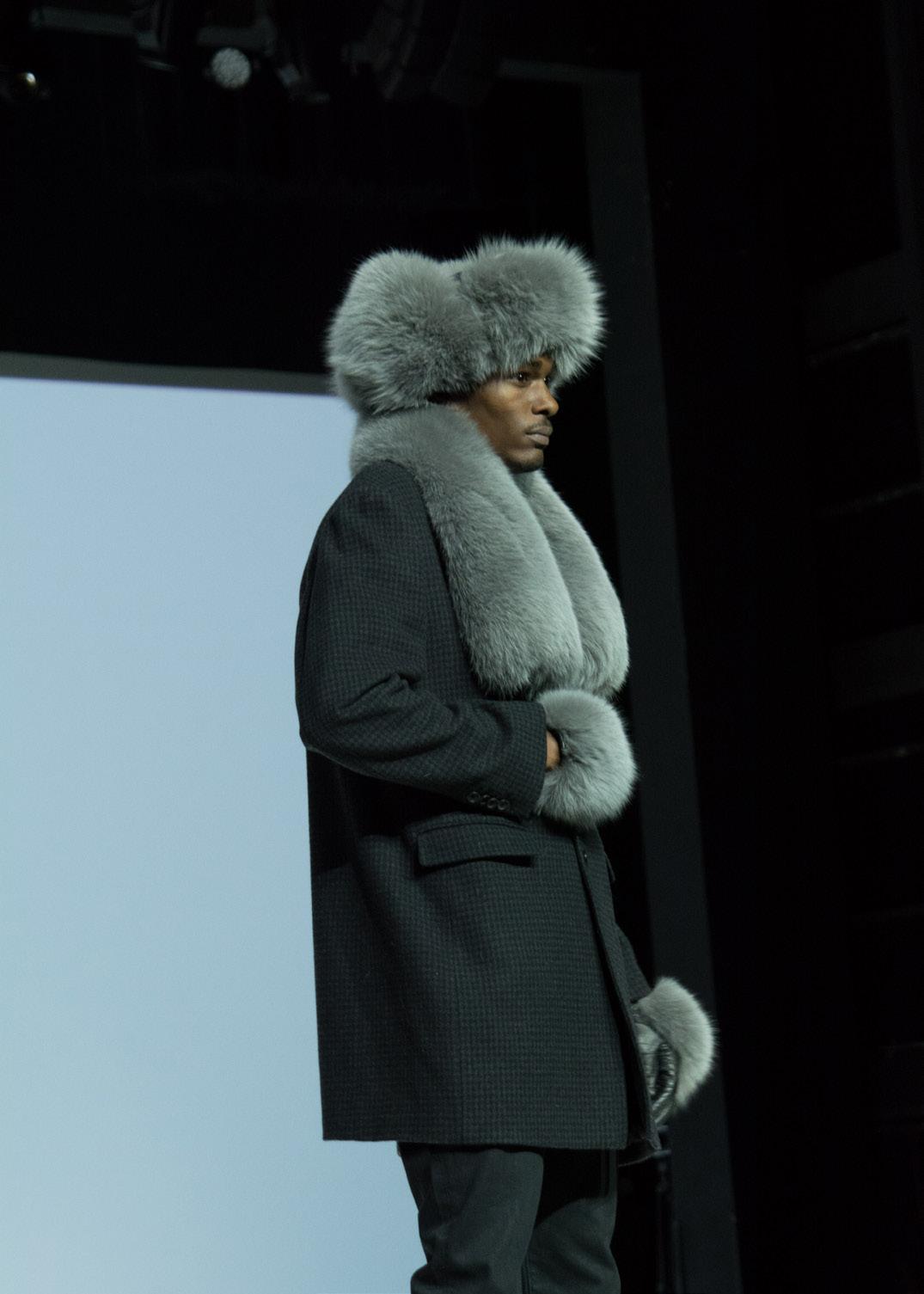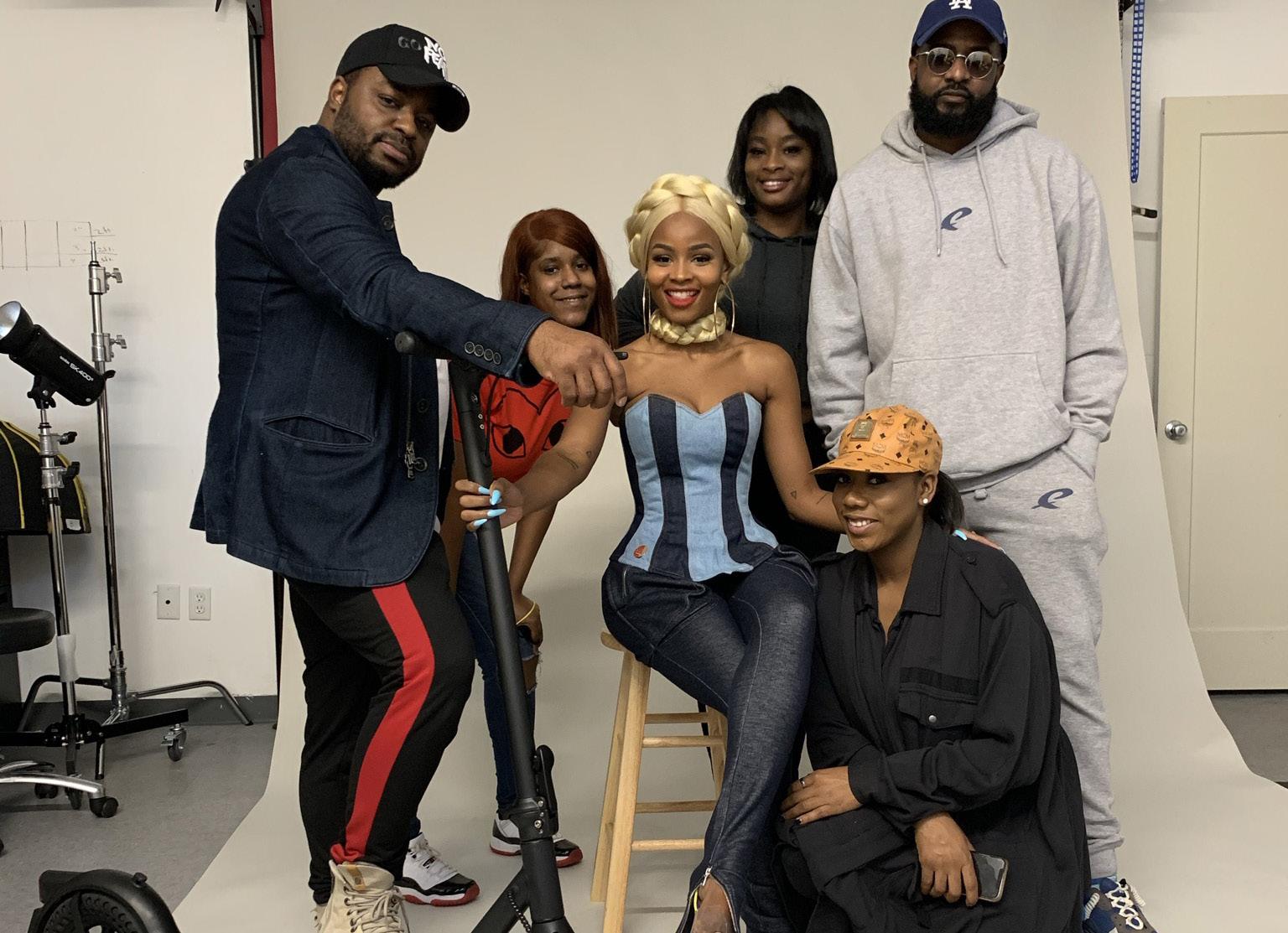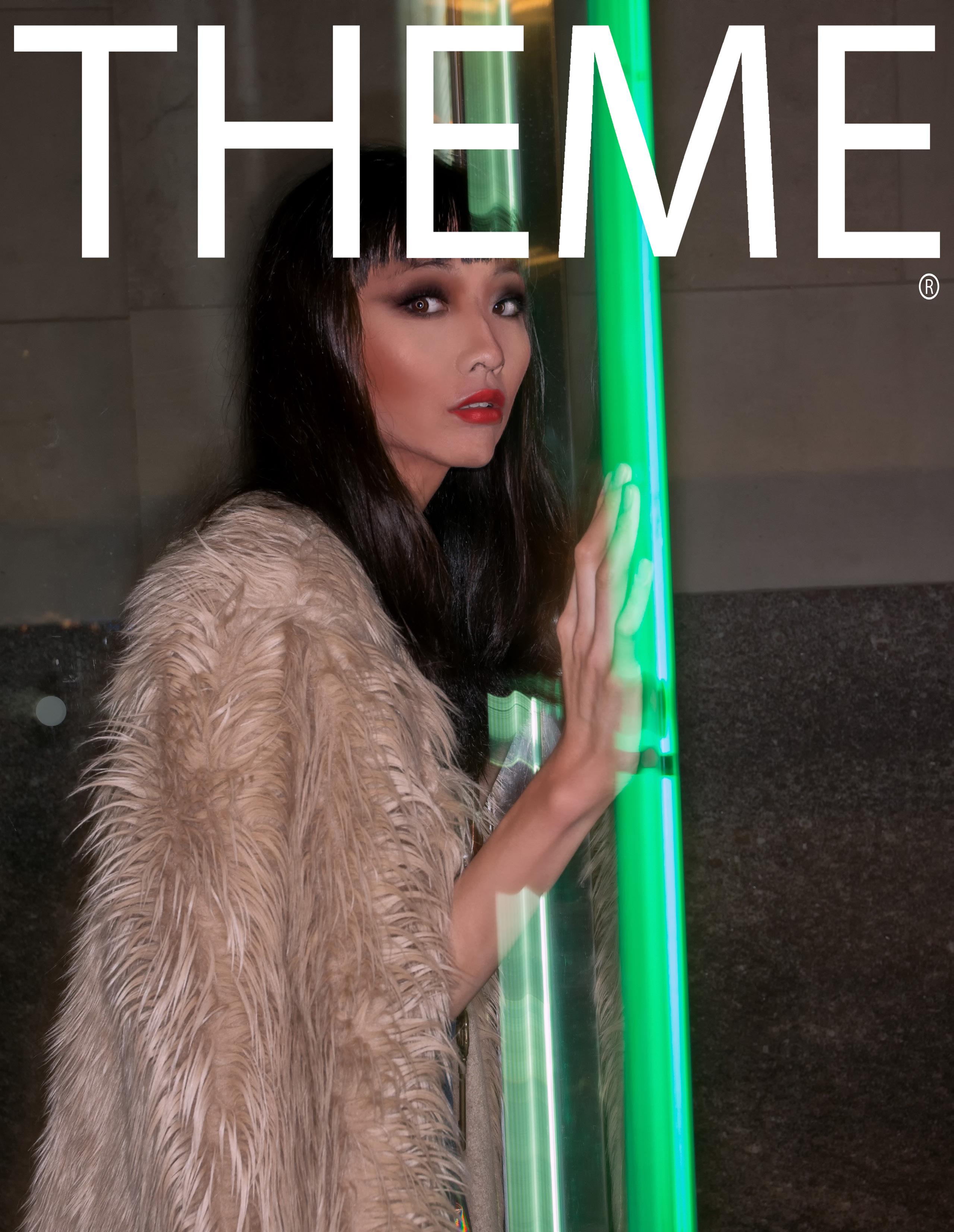
3 minute read
PHASE ONE
by BAILEY.IV
PHASE ONE BACK TO BLACK
Shade’ Newkirk Shade’ Marshele New York
Before the world shut down, Black creatives in the fashion industry were in a boxing ring surrounded by an arena full of noise, unheard and overlooked. When phase one of quarantine went into effect, we had no choice but to be left in the ring with our opponents, forcing all eyes on us. The flaws and racial complexities of both the fashion industry and the country at large were magnified, obliging everyday people to pay more attention to humanistic issues they didn’t have time to combat while navigating through their pre-pandemic lives. I wholeheartedly give credit to the pandemic for making us reset and go back to Black. There’s something about fighting together that drives us to reach our fullest potential.

During phase one, Black creatives realized how underrepresented, underpaid, under supported and underappreciated they were. It took a pandemic to motivate us to push forward in our excellence. With the world being shut down, creatives were forced to re-invent, strategize and improvise their crafts by digging deeper into creative spaces in order to generate income and make ends meet. In the same way pressure makes diamonds; Black creatives started recognizing one another, creating platforms to highlight Black businesses, paying homage to legends who paved the way, opening businesses and investing in financial literacy; all while holding businesses and big brands accountable for their diversity initiatives and reserving open seats at the table. Platforms supporting and highlighting black owned businesses, such as Black Owned Everything, founded and curated by Zerina Akers-endorsed by Beyoncé Knowles-Carter was birthed. The Black In Fashion Council, founded by Lindsay Peoples Wagner and Sandrine Charles, was launched bringing us back to Black, proving there were changes that needed to be made and there was more room for Black creatives to support one another. We can’t expect other people to accept, acknowledge, amplify, celebrate, support, and showcase our work if we don’t do it first. While fighting for a seat at the table, we were also fighting for our lives. Phase one allowed us to look at the world around us beyond our own backyards. Being Black is not temporary or a part time job. Who we are and what we embody is a 24/7-365 full time experience. 2020 made us realize we were still fighting the same fight our great-grandparents fought to get us where we are politically, economically, socially, educationally and artistically. The country we pledged liberty and justice for all wasn’t reciprocating its vows, so creatives took to the streets. We spoke up, we fought back, and we stood for something greater than ourselves. It was greater than our latest sketch, runway walk, spring/summer collection and fashion week show. We used everything we had as Black creatives to get our messages across. We turned our pain into poetry and our anger into art. We went back to Black! For once, the spotlight was on us. We demanded change that needed to be made in order to excel in an industry that is still predominantly occupied by our white counterparts. Brands started to listen and joined in unity. Brands such as

Marc Jacobs, Alexander McQueen, Area, Versace, Fendi, Supreme, Prada, Dior and Burberry offered support by sharing resources, making donations and diversifying their corporate teams in solidarity of its employees, industry counterparts, celebrity clients and target audience. While some responses to the cause seemed like a PR move, the unity across the fashion industry was well received. This was a long overdue victory for Black creatives, deriving from a place where many high-end brands have misappropriated the culture. Making a mockery of past traumas through misinformed advertisements, insensitive visuals, lack of representation, offensive verbiage and careless efforts. It is imperative for Black creatives to continue applying pressure by holding brands accountable, in order for the effects of change and diversity to become long term. Since the start of the pandemic, it has put a spotlight on the imperfections of the industry. However, I’m confident it will start to shift in a more inclusive direction. Regardless, one thing we can’t deny is it pushed us to prioritize ourselves and motivated us to get BACK TO BLACK.



